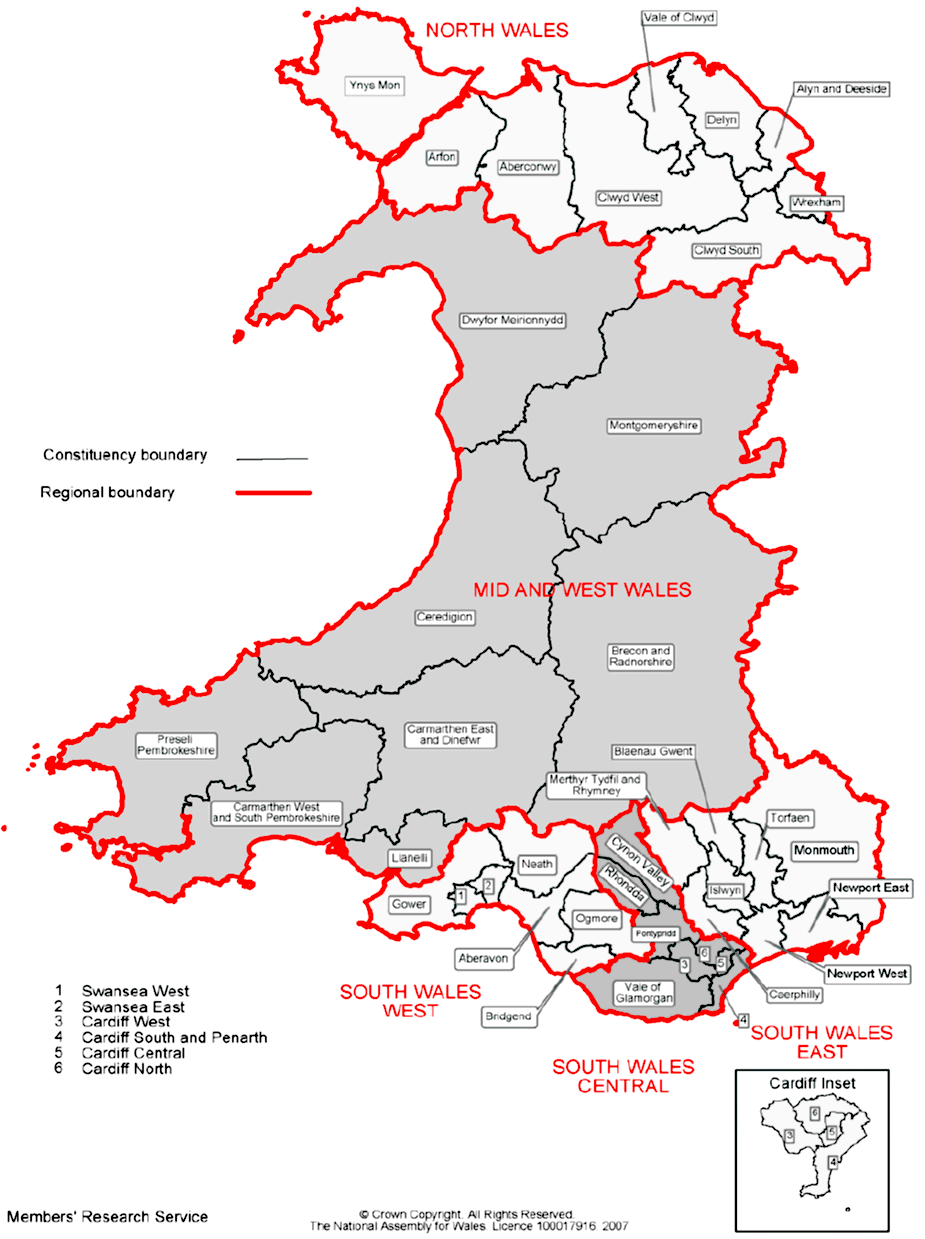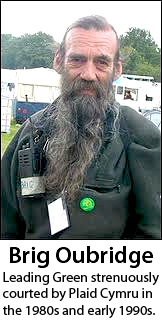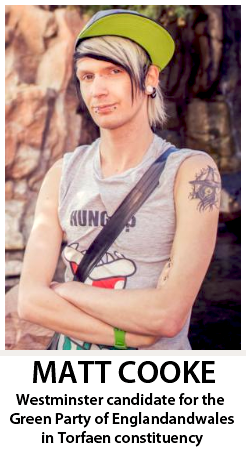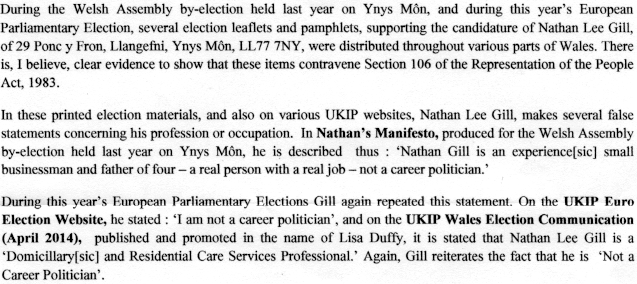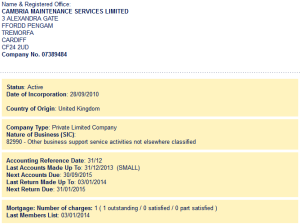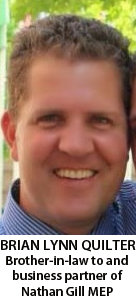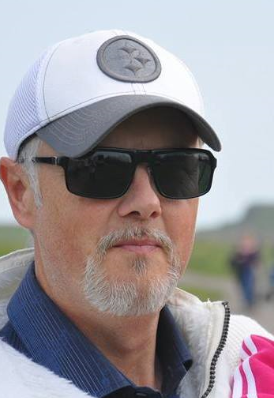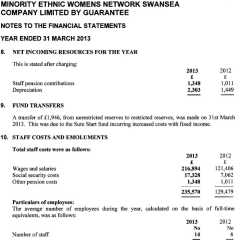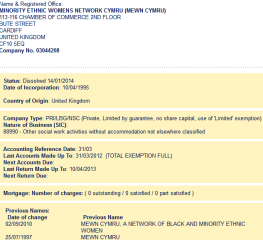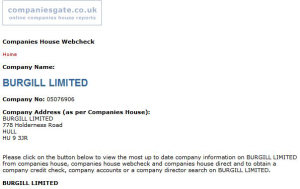THE TRAVAILS OF CANTREF
Over the years I have written exhaustively on housing associations, I’ve explained the funding they receive, their staffing levels, and the fact that at a time when politicians argue our 22 local authorities must be cut to 8 or 9 those same politicians are quite content to see Wales lumbered with 50 or so housing associations, often with three or four operating in the same area, duplicating each other’s work and sometimes competing for clients and funding.
The contradiction in the differing attitudes to local authorities and housing associations is obvious, with the result that it has become increasingly difficult to defend the generosity extended to so many housing associations. But rather than openly admit that the social housing system is a very expensive shambles, it now appears that our masters have chosen to make changes to the social housing system by subterfuge.
One housing association I have written about more than once is Cantref (formerly Tai Cantref), based in Newcastle Emlyn and operating mainly in Ceredigion, plus north Carmarthenshire and north Pembrokeshire, with an outpost in the Machynlleth area of north west Powys.
I haven’t been the only one training a beady eye on Cantref, others are the ever-watchful Wynne Jones, even the ‘Welsh’ Government! Though given the way the ‘Welsh’ Government cossets housing associations things must have been really bad for that lot to step in. But we aren’t allowed to know what ailed Cantref because the report will not be made public and FoI requests have been refused.
To fill in the background . . . It was known by July 2015 that Cantref was being investigated, the Cantref Board received their copy of the report in December, and early in the new year the chief executive, Lynne Sacale, and others, left. Cantref is now looking for a merger.
As is the way with such things, and just before it was publicly known that Cantref was being investigated, I received a revealing comment to this post alleging Bacchanalian excesses at Cantref’s expense in the grounds of Chateau Tucker. Read it for yourself.
As the writer states, one reason for Cantref’s woes was undoubtedly that it had invested in student accommodation in Aberystwyth at the very time Aber’ Uni began sliding down the various league tables, with the predictable consequence of student numbers dropping.
Though it has to be asked who funded this student accommodation. Presumably the funding originated with the ‘Welsh’ Government, which then raises the question: Should money allocated to social housing have been used for student accommodation? Perhaps not, so maybe the report is being withheld to save the blushes of Carwyn and his gang.
The good ship Cantref now appears to have at its helm a Hilary Jones, of the Bro Myrddin housing association. Ms Jones’ husband (sub fill in name) is said to be a former finance director at Grwp Gwalia HA. And according to ‘Dai the Post’ in a recent comment she, ” . . . has been trying to self promote herself by persuading Wales and West HA from Cardiff to bail out Cantref and give her a bigger job as head of their western poorer Welsh speaking colony.”
You’ll note from the Gwalia website that it has recently merged with the Seren Group of Newport to form Pobl. And this site seems to tells that Charter Housing is also part of Pobl. So mergers, or takeovers, whether voluntary or enforced, are obviously in vogue.
Another change in personnel that may be relevant to recent events at Cantref was the appointment in July 2014 of Kevin Taylor to the management board, where he now serves as interim chair. It may simply be a coincidence of timing, but the problems for Sacale and the others seem to have started soon after Taylor arrived on the scene. So who is he?
According to his Linkedin profile Taylor was employed by Forte Hotels between 1977 and 1987, then, from 1987 until 2013, he worked in Bermuda. More recently, from January 2013, he has been a ‘Hotel Financial Consultant’ for Taylor Accountants, a company for which I can find no record. (I do hope it’s not registered offshore!)
An interesting employment record that raises a number of questions:
- Does he have any knowledge or experience of social housing?
- Is he familiar with the social patterns and housing issues of rural Wales?
- Assuming the answers to 1 and 2 are No, who appointed him, and why?
As I say, Cantref is now looking for a partner, and referring again to the comment from ‘Dai the Post’, there are said to be five suitors. One is Millbay Homes, the ‘Welsh’ Government-funded ‘subsidiary’ of Pembrokeshire Housing that builds homes for sale to ‘investors’. Another is Carmarthenshire County Council, though whether the executive board knows anything about this is open to question, and we can guarantee that the common herd of councillors is completely in the dark.
Elsewhere in his comment ‘Dai the Post’ tells us that someone answering to Robin Staines, Head of Public Protection and Housing at CCC, has been parachuted in to Cantref, possibly to prepare the ground for a takeover. ‘Dai’ further suggests that this aggressive move is viewed within Cantref as a bit of empire building ahead of local government reorganisation. I think the suspicion is correct, and we could see more such moves, all done in the shadows with the connivance of a ‘Welsh’ Government committed to ‘openness’!
Despite not having seen the WG’s report into Cantref the executive board of Carmarthenshire County Council will, on April 19th, be expected to approve in principle the council taking over Cantref. Not for the first time, chief executive Mark James will present councillors with a fait accompli. Ain’t democracy wonderful!
Another source tells me that despite what are alleged to be its failings Cantref is the largest employer in Newcastle Emlyn, it employs locals and conducts most of its business in Welsh. The fear is that if the takeover goes through then the HQ will move to Llanelli and, given the recent recruitment record of the council, it will swiftly lose its Welsh character.
The James Gang
Thinking about Carmarthenshire County Council and the record of Mark James raises the obvious question – why is he still there? After using council money to fight a private libel case, after wasting council money to fund Christian fundamentalists in building a church and a bowling alley (yes, a bowling alley!), and after turning Sir Gâr into the Welsh equivalent of North Korea, why the hell hasn’t the ‘Welsh’ Government stepped in to remove him?
Let me answer that by taking a little detour. When inexplicable things happen there is very often a simple explanation, but one that the media and our political class would rather not touch. I have recently written about the land deals conducted by the Regeneration Investment Fund for Wales that might eventually lose the public purse as much as £200m. Let’s stop beating about the bush – this is corruption, pure and simple.
Many times we see things happen in public life that are difficult to explain; contracts given without a tendering process; people being promoted above their ability; wrongdoers escaping justice. In such cases Freemasonry or other secretive groups can often be behind such corruption. Then there are the instances where outright and obvious criminals are ignored by the police. Such persons may be police informers, or relocated witnesses.
I’m not suggesting that Mark James owes his survival to any of these explanations, but I believe he does have a ‘guardian angel’. It may have been pressure from this celestial quarter that persuaded him to carry on after ‘standing down’ in 2014 rather than the council panicking when they realised the size of his severance package.
Mark James may have been put in place as chief executive of Carmarthenshire County Council, and has been maintained in that position, to oversee the anglicisation of the county.
Let me explain.
If you listen to Labour Party historians they will talk about towns or areas that are ‘iconic’ in the party’s history and development, Merthyr and the Rhondda come to mind. For those of a more patriotic bent, Carmarthenshire fills this role through Gwynfor’s 1966 by-election victory and the county delivering the votes that won the 1997 devolution referendum.
In addition, Carmarthenshire is the geographical ‘bridge’ between the rural heartland (or former heartland) of Plaid Cymru and the urban south. Add to that the fact that Carmarthenshire’s seats at Westminster and Assembly level are either held by or are vulnerable to Plaid Cymru, and the county becomes a prime target for the kind of attention I’m suggesting.
Part of this ‘attention’ is the insane and unneeded housing developments being imposed on the county . . . yet welcomed by Mark James and his circle of senior officers, almost all imported from England. Despite being born in Merthyr, Mark James has no feelings for Wales or her identity whatsoever, and is actively working to see Carmarthenshire anglicised.
That may be the reason he was directed to Wales, and why he has been allowed to keep his job when anyone else would have been forced out years ago.
But of course this does not explain the woeful impotence of Plaid Cymru in Carmarthenshire.
*
NATHAN GILL MEP
News reaches me from an anonymous source concerning our much beloved UKIP MEP Nathan Gill of Hull and Menai Bridge. You may recall that I have written of Mr Gill more than once – about a dozen times in fact – so you may care to refresh your knowledge of the great man by starting here then working back from the links provided.
In particular, I would draw your attention to this post, Nathan Gill: It Just Gets Worse, because the information I have received concerns an incident mentioned in this particular post. Mr Gill owned a church in Hull that he was hoping to develop in some way, but on November 5th 2001 it caught fire, Mr Gill was quoted in the Hull Daily Mail as saying that ” . . . some residents had seen youngsters aiming fireworks at the church”.
Though a source I had in Hull a while back described the fire as “suspicious”, and insisted that Nathan Gill’s application for planning permission had been refused.
The information I received a couple of days ago says, “Before the fire in the grade 2 listed Hull church Gill had all the Oak paneling and benches stripped out, Brian Quilter sanded and reused them to Oak panel Lledr House and make window shutters.”.
Brian Quilter is one of Gill’s US Mormon brothers-in-law, married to Gill’s sister Melanie, and the couple lives in Lledr House, Dolwyddelan. Maybe the panelling referred to can be seen in this photo from TripAdvisor. Read more about Brian Quilter in Nathan Gill, Family Man.
Now there’s nothing wrong in what is described. Obviously Gill bought the church, planned to do whatever he planned to do, and in preparation for that – though perhaps in advance of receiving planning permission – stripped the building and let his brother-in-law have the panelling and the benches. All perfectly innocent.
Though less generous souls than what I am might suggest the possibility of foreknowledge.
*
JOHN BOY BAYLISS
I know you’ve been asking what our wandering boy has been up to lately, and the answer is, well, a bit more wandering. You will recall that last October I wrote The Case of the Disappearing Councillor in which I expressed deep concern for the whereabouts and welfare of Councillor John Boy Bayliss of the Uplands ward in Swansea. (In fact I have written quite regularly about John Boy and his friends, most of whom have now deserted him. Sob!)
At the time of writing the post just referred to, John Boy was giving his address as a property in Cambrian Place, in the city centre, a row of fine old town houses near the marina. In fact, where his friend and fellow-councillor Mitchell ‘Mitch’ Theaker had lived ere his departure to Araby. But now, I’m informed, he has moved again.
My concern for John Boy’s whereabouts last year was two-fold. After learning that he had taken a job in Bristol I was worried that the daily travelling between Swansea and Bristol might tire the poor boy. So I was almost relieved to hear that he was in fact living in Bristol, and merely using the Cambrian Place address as a letter-box. But then I thought, ‘Hang on, if he’s living in Bristol how can he remain a Labour councillor in Swansea?’
A message over the weekend directed me to updated information on John Boy’s council website bio (see below) which now has him living in Llangyfelach, still not in his Uplands ward, and as far from it as Cambrian Place.
‘But still’, I generously and paternalistically thought (well you know me), ‘it might not be in his ward, but at least he’s got a place of his own now’, but then I read the message I’d received again, and it suggested that this address is in fact the residence of one David Collins. So who is David Collins? Here’s his Linkedin profile.
Collins is clearly a Labour professional who appears never to have done a real job, having studied History and Politics at Brunel from 1992 until 1997 and then starting work in January 2000 as a Researcher and Political Assistant to Ann Jones, the former Labour AM for the Vale of Clwyd. (Leaving two and a half years unaccounted for on his Linkedin profile.) He now works as a Political Assistant to the Labour group on Swansea council.
So is John Boy shacked up with Collins, or is he engaged in a nightly tussle with the cat for the rug in front of the fire? I think we should be told!
Put both images from your mind, because further reading of the revised bio tells us that his correspondence address is “c/o Members Support Unit, Guildhall, Swansea SA1 4PE”, which suggests to me that he might not be living in Llangyfelach at all, and that this address doesn’t even serve as a letter-box.
The PR outfit John Boy works for recruited him because he is a councillor, and for no other reason. That being so they will of course give him time off to attend the important council and planning meetings, which in turn helps the Labour group on Swansea council maintain the fiction that their boy is still living in Swansea. Everybody’s a winner . . . except the people John Boy is supposed to represent.
This ‘Now you see him, now you don’t’ could be interpreted as a conspiracy on the part of the Labour Party in general, and certain individuals in particular, to maintain the deception that John Charles Bayliss still lives in Swansea and daily represents the interests of the people in the Uplands ward. If so, then perhaps the Local Government Ombudsman might be interested.
We know Councillor John Charles Bayliss does not live in Swansea. So my advice to the Labour Party in Swansea would be: Come clean, make John Boy Bayliss resign, and call a by-election in the Uplands ward.
P.S. I almost forgot to mention that John Boy is standing for the Assembly next month, he’s third on the list for Mid and West Wales, a region he knows intimately. His chances of being elected are slim, but of course Cardiff is nearer than Swansea to Bristol, so it would easier for Bayliss to commute from Bristol and turn his back on Swansea for good.
UPDATE 23:00: I am informed that David Collins no longer works for the Swansea Labour group, he has, I’m told, “been released” . . . into the wild? If so, will he be able to fend for himself, cut adrift from the Labour Party, all he’s ever known? I await reports that he has been spotted at night, scavenging in the back streets of Morriston.








